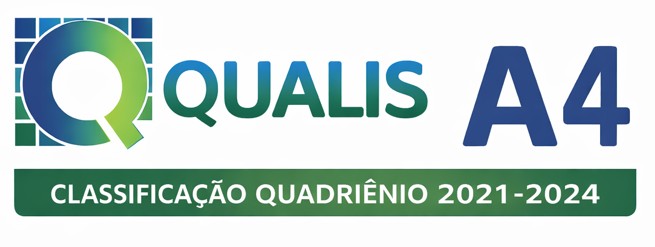As contribuições da Teoria Histórico-Cultural e dos estudos de defectologia de Vigotski para a conceituação/compreensão da pessoa com deficiência intelectual
Palavras-chave:
Vigotski, Defectologia, Deficiência intelectual, Desenvolvimento, CompensaçãoResumo
Esse texto tem como base as premissas da Teoria Histórico-Cultural, de modo especial, as contribuições dos estudos de defectologia de Vigotski acerca da compreensão do desenvolvimento da pessoa com deficiência intelectual, principalmente, o fato de que é na vida social que o sujeito encontra recursos para a constituição de suas funções psicológicas e para o desenvolvimento de processos de compensação. Discute-se, historicamente, as implicações dos paradigmas (médico e clínico) que vem orientando a definição, avaliação e a classificação dos sujeitos com deficiência intelectual para as práticas educacionais. Em contraponto, são apresentadas as assertivas de Vigotski, as quais evidenciam a necessidade de reformulação e ressignificação das concepções e práticas de ensino-aprendizagem, de ser humano e sua diversidade, do papel do professor e da educação na atual sociedade para que, os sujeitos com deficiência intelectual possam vivenciar, de modo efetivo e pleno, os processos de inclusão em sua vida escolar e social.
Palavras-chave: L. S. Vigotski. Defectologia. Deficiência intelectual. Desenvolvimento. Compensação.
The contributions of Vigotski's Historical-Cultural Theory and Defectology studies to the conceptualization/understanding of people with intellectual disabilities
This text is based on the premises of the Historical-Cultural Theory, in particular the contributions of Vigotski's studies of defectology on the understanding of the development of people with intellectual disabilities, especially the fact that it is in social life that the subject finds resources for the constitution of their psychological functions and for the development of compensation processes. Historically, the implications of the paradigms (medical and clinical) that have been guiding the definition, assessment and classification of subjects with intellectual disabilities for educational practices are discussed. In counterpoint, Vygotski's assertions are presented, which highlight the need for reformulation and redefinition of the concepts and practices of teaching-learning, of the human being and its diversity, of the role of the teacher and of education in today's society, so that the subjects people with intellectual disabilities can effectively and fully experience the processes of inclusion in their school and social life.
Keywords: LS Vigotski. Defectology. Intellectual disability. Development. Compensation.










